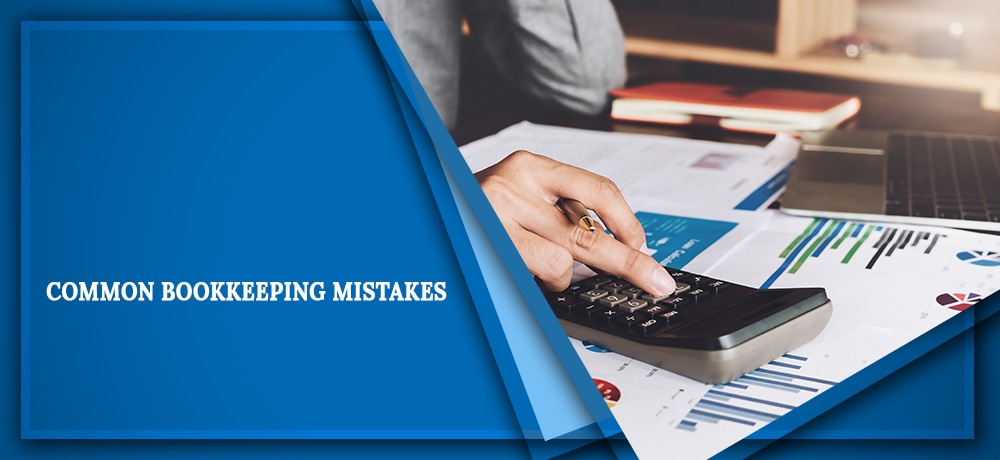Common Bookkeeping Mistakes

Not sure how to keep accurate and up-to-date financial information? Worry not! Some professionals are trained to do it for you and help you grow your business while they manage your day-to-day operations.
Hiring a professional bookkeeper to care for your administrative tasks can help you focus better at work. They provide services at a reasonable price and are also trained to ensure that your finances are up to date.
To help you avoid some basic errors that could prove to be costly, Mainville & Associates has put together a list of the most common bookkeeping mistakes.
1. Incorrectly claiming HST input tax credits for insurance fees
Property insurance in Ontario is subject to an 8% provincial sales tax. But this tax is not recoverable as HST since it is not part of the Harmonized Sales Tax program of the federal government. Customers who handle their bookkeeping in my business typically claim the tax as they see it on their insurance statement. If audited, CRA would deny their claim and charge back the amount of tax to the taxpayer with interest. The best approach to prevent this would be to give your entire vendor an “Out of Scope” tax code in your bookkeeping software. Since there is no HST on any insurance in Ontario, doing so is risk-free. Watch out for benefit plans incorporating some payroll perks that may be subject to HST. Another way to avoid this mistake is to hire a qualified bookkeeper to handle your books.
2. Expensing of meals and HST
Meals and entertainment expenses are only allowed 50% expensing for income tax purposes. Only 50% of the HST can be claimed as ITC. Often clients who do their bookkeeping will either not claim any HST out of fear of not doing it right or claim the full amount of HST because they do not know/understand this tax rule. If audited for HST or income taxes, CRA would refuse the excess amount claimed and charge it back with interest to the taxpayer. The correct way to claim HST on meals and entertainment: Make sure you have recorded with whom you had the business meeting/meal and the event’s purpose. Then in your bookkeeping, you should divide the HST component of the detailed meal receipt in half. Extract only that half from your total receipt to claim as ITC, and the rest of the receipt can be claimed as an expense. If you have retained the services of a professional bookkeeper, they can and should be doing this for you.
3. Incorrect categorization of capital assets
A capital asset is a significant investment in machinery or other capital that would have a longer useful life and cost more than $500. Often small business books will show these purchases as expenses in the year acquired. If audited, CRA would reclassify these expenses as assets. The business would have to claim amortization expenses at the prescribed rates depending on the asset class the purchase falls under. By reclassifying these purchases, CRA would be increasing the net profit of the business hence collecting more taxes and adding interest to the corrected amounts. A professional bookkeeper should have made the correct entry and avoided this.
To avoid these and other mistakes, reach out to the experts at Mainville & Associates.
We deal in bookkeeping, accounting, payroll and income taxes. Our expertise lies specifically in full bookkeeping and payroll services, which give our customers sound financial information tailored to their specific needs for each type of business. We serve clients all across Eastern Ontario.
For a complete list of our services, please click here. If you have any questions about bookkeeping, we’d love to hear from you. For more information, please call us at (613) 538-2876 or email us at admin@mainvilleassociates.ca.